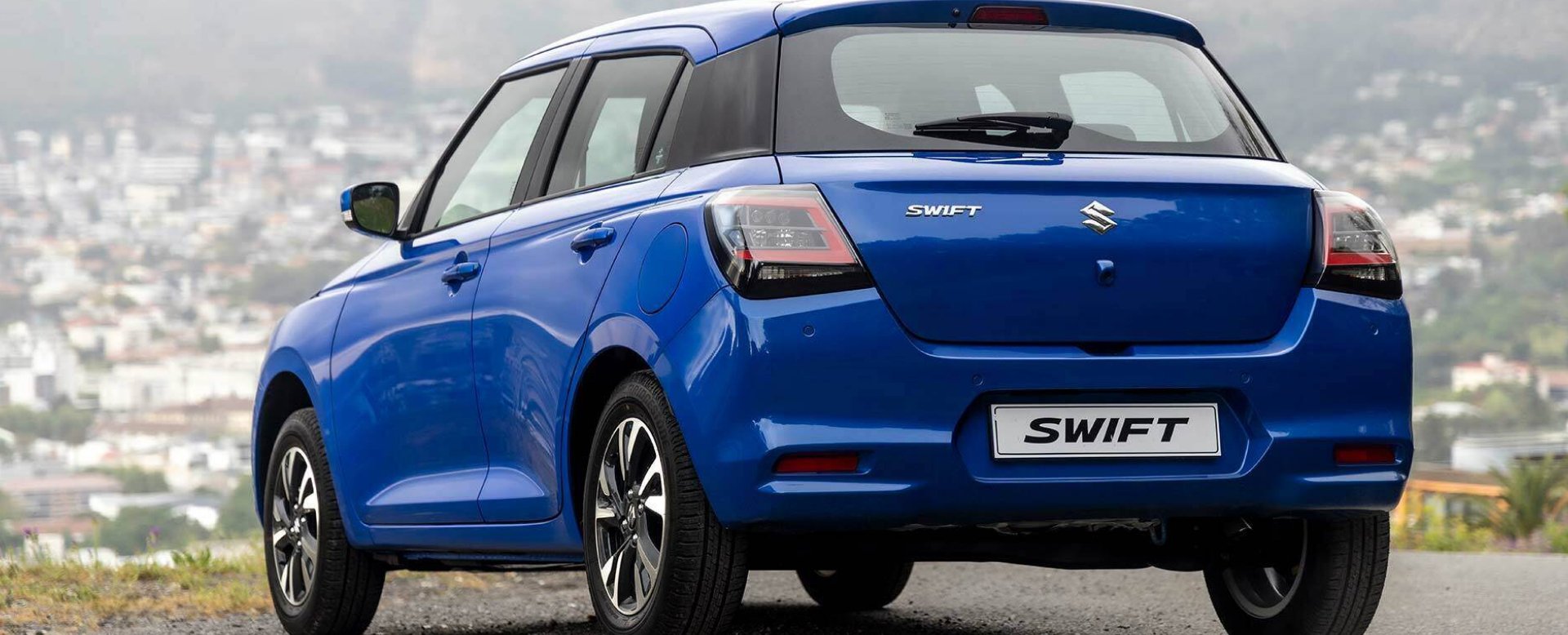%20(1).png?width=1074&height=604&name=Untitled%20design%20(3)%20(1).png) When your chance to get back on the road rolls around and you’ve planned your next epic roadtrip, we know you checked your car carefully. But, now that you’ve parked your roadtrip fun, you should still take time to check your car thoroughly to ensure it keeps you on the road when you need it..
When your chance to get back on the road rolls around and you’ve planned your next epic roadtrip, we know you checked your car carefully. But, now that you’ve parked your roadtrip fun, you should still take time to check your car thoroughly to ensure it keeps you on the road when you need it..
We all look forward to taking road trips. Make sure your car is ready!
Naturally, it's extremely important to ensure your car is serviced regularly according to the service manual, but it is good practice to do your own checks from time to time.
PRINT THIS CHECKLIST TO HELP ENSURE YOUR CAR IS SAFE AND READY FOR YOUR FAMILY'S ROAD TRIP.
1. Checks you can do at home
All vehicles and owners are different. The below list is a handy guideline of checks you can do at home. However, if you’re not sure how to check some of these, just contact your nearest Suzuki dealership and they’ll be happy to help.
- Make sure your tyres (including your spare) are in good condition and filled to the correct pressure. Check that you have adequate tread and that there are no deep nicks or gashes on any of your tyres.
Pro tip: tyres can expire! How old is your spare tyre? Check the manufacturer’s website or speak to a tyre expert to make sure yours isn’t an accident waiting to happen. - Do you have a jack, and do you know how it works? It’s worth making sure you know how to operate and place it before setting off to avoid trying to figure it out in the dark with children or pets in the car.
- Do you have a hazard triangle? If you need to stop next to the road in an emergency, you want to make sure you’re as visible as possible for safety reasons. It’s also a legal requirement to have a hazard triangle. Many people include a reflective vest for extra safety.
- If you have a roadside assistance plan, make sure all your details are up to date. Also, go over what your plan covers and how to contact us in an emergency.
- Make sure you have a charged torch in the car. Consider keeping a charged power bank for your phone in case you need to call for assistance.
- Are your jumper cables still in working condition and easy to reach?
- Check underneath your vehicle for any leaks. Nothing should be leaking excessively, if you notice regular fluid patches, contact your dealer to find out if you should have it checked.
- Check all fluid levels: vehicle oil and water, washer fluid and coolant. If you don’t know how to check these, your nearest petrol station should be able to help.
- Are your windscreen wipers in good condition (not cracked or crumbling) and working correctly?
- Are there any chips or cracks in your windscreen?
- Is your licence disc valid and visible?
- Do you have a spare key in case of an emergency?
- Are all your lights working?
- Is your insurance up to date, and are all possible drivers listed?
- Do you have the necessary car seats for young children travelling with you? Do you have the right crates and leashes for your pets?
2. Checks to be done at the dealership
Most dealerships offer 101-point vehicle checks. Many of the items checked at the dealership either can’t or shouldn’t be checked at home. So take the extra time to have your vehicle properly checked to avoid any nasty surprises that could end up ruining your trip. Dealership checks are comprehensive, and below is a list of crucial points they’ll be checking on your vehicle:
- Engine filters
- Drive belt, cooling fans, and fuel cap.
- Electronic keys, remotes, and vehicle alarm systems.
- Check that all dashboard bulbs and driver information systems are functioning correctly.
- Check for water damage or mildew, and that all rubber seals (doors, boot, etc.) are in good condition.
- Noise check—they will pick up any concerning rattles or engine noises.
- Full brake system check.
- Seat check: that all adjustment functions work and that headrests are secure.
- Check that seat belts are in good working order.
- Full exhaust system check.
- Check for any rusted, loose, or missing parts.
- Engine start, stall, idle, and power checks.
- Full gearbox and clutch checks.
- Steering wheel and steering system checks.
- Wheel alignment.
- Vehicle electronics and wiring check.
There is little worse than missing an important business meeting or your child's soccer game due to car problems - especially if it is something simple that could have been avoided by doing a regular vehicle check.
These checks not only keep the car in tip-top shape but are just as important in terms of personal safety by helping to prevent unwanted stoppages on the road




![7 ways to drive safer at night [UPDATED]](https://blog.suzukiauto.co.za/hubfs/Untitled%20design%20(2)-3.png)